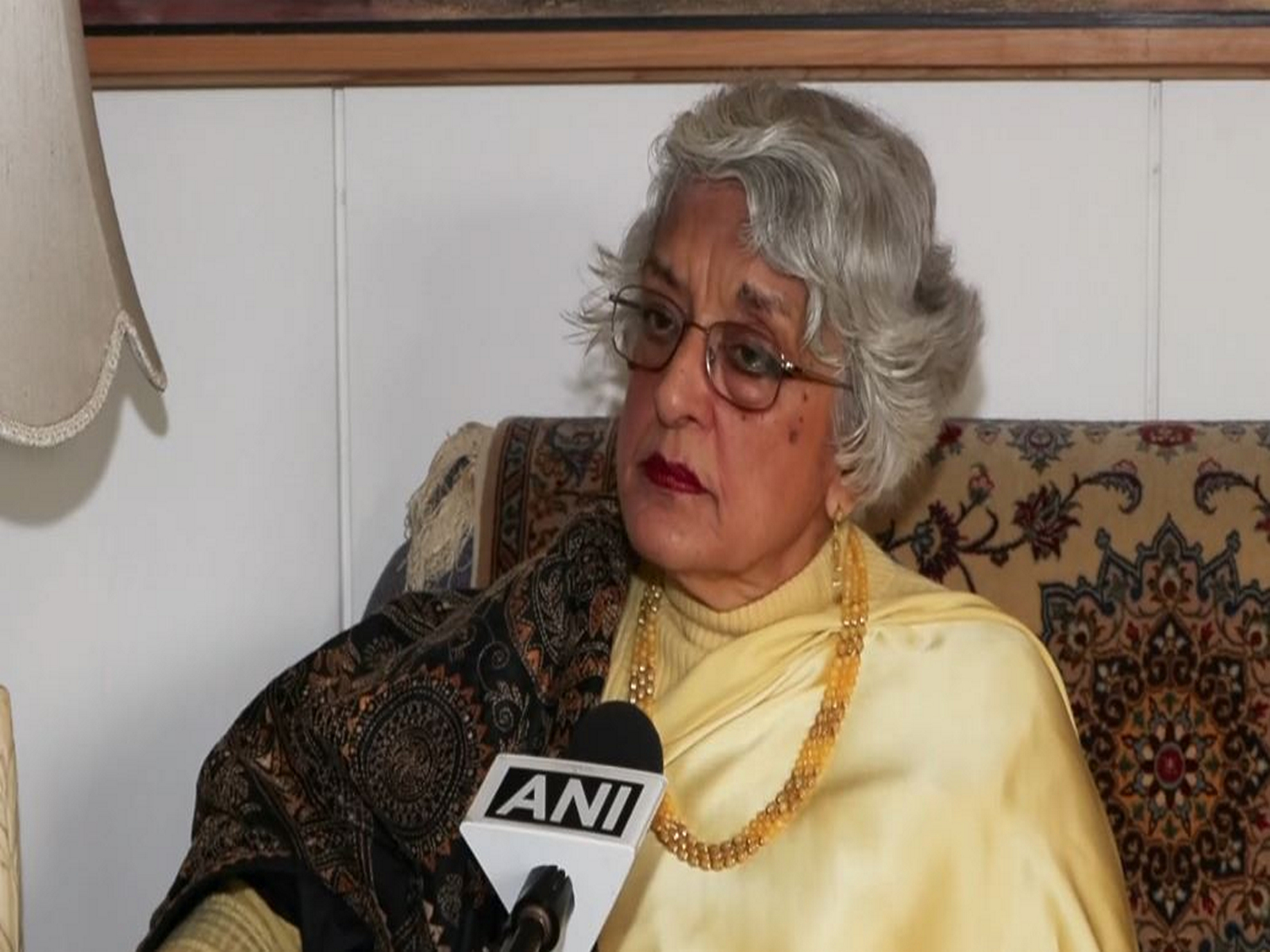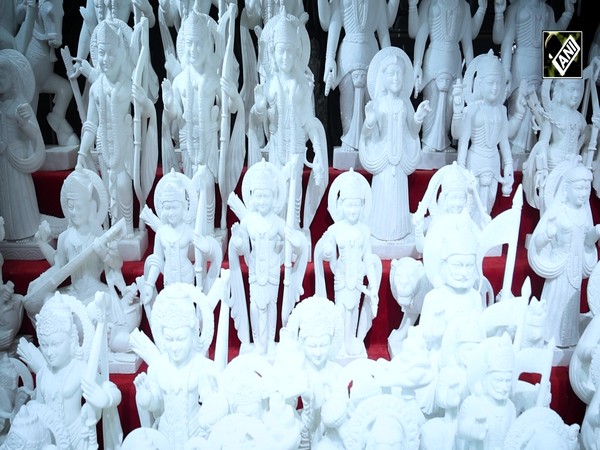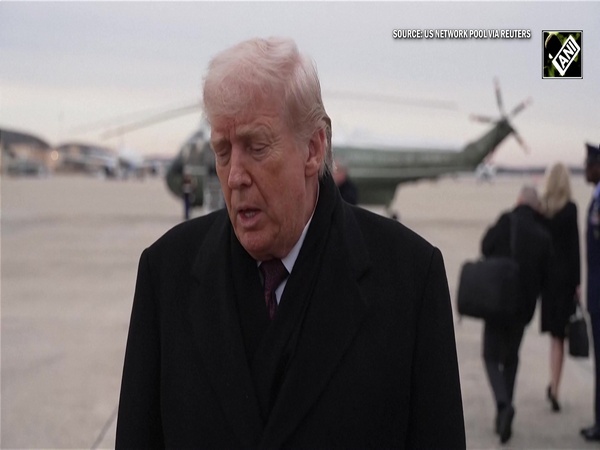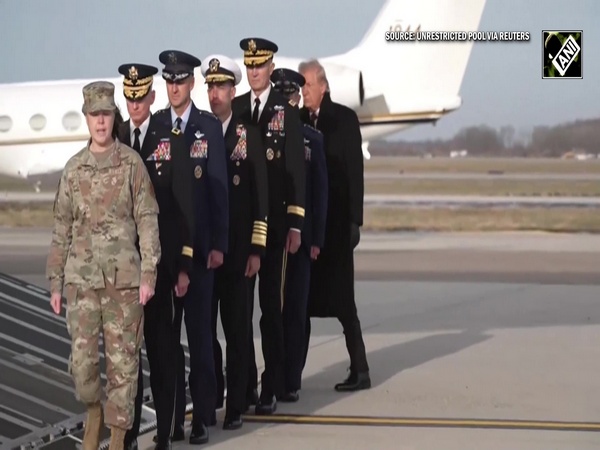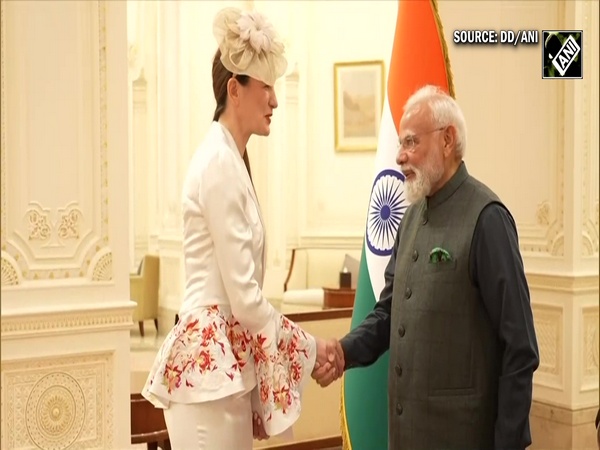China won't stand between Australia, New Zealand, say leaders
May 31, 2021

Canberra [Australia], May 31 : Australian Prime Minister Scott Morrison said that Canberra and Wellington policies with regard to China won't divide the neighbouring countries as they stood 'resolutely together' on shared values and principles.
As Morrison and New Zealand counterpart Jacinda Ardern used their first face-to-face meeting in 15 months to play down signs of division over China, Morrison said those who wished to split Canberra and Wellington over their policy towards Beijing would not succeed, reported South China Morning Post (SCMP).
"We will continue to work together in that way, and I have no doubt there will be those who seek to undermine Australia and New Zealand's security by seeking to create points of difference, which are not there," he said.
In probably a veiled reference to China, Morrison said that "those far from here" and "many others" sought to divide the partners and allies.
On the other hand, Ardern said that she did not "detect any difference" between the sides on the "importance of maintaining a very strong and principled perspective on issues around trade, on issues around human rights", as she welcomed her Australian counterpart in Queenstown.
"And you'll see that Australia and New Zealand have broadly been positioned in exactly the same place on these issues, consistently... So I really push back on any suggestion we are not taking a strong stance on these incredibly important issues," she said.
In a joint statement released after their talks, the leaders expressed concern about deteriorating freedoms in Hong Kong, the treatment of ethnic minority Uyghurs in Xinjiang, and the "militarisation of disputed features and an intensification of destabilising activities" in the South China Sea, SCMP reported.
The joint statement also raised concern about "harmful economic coercion", an apparent reference to Beijing's campaign of economic retaliation against Australia amid heightened tensions between the two countries.
Ardern on Sunday said that New Zealand would participate in a World Trade Organization (WTO) dispute settlement panel over Australia's barley trade row with China, which placed restrictions on billions of dollars of Australian exports.
This comes after New Zealand Foreign Minister Nanaia Mahuta said last month that Wellington was "uncomfortable" about using the "Five Eyes" intelligence-sharing alliance - which also includes Britain, Canada and the United States - to publicly criticise Beijing, SCMP reported.
During Monday's press conference, Morrison denied suggestions New Zealand had compromised on its values to maintain a positive trading relationship with China.
"Australia and New Zealand are trading nations but neither of us would ever trade our sovereignty or trade our values. We have stood side by side to defend and protect these values not just on the beaches of Gallipoli, but in Afghanistan and so many other places around the world," he said.
"The message I took from the press conference and the joint statement is that there is a lot more that unites Australia and New Zealand than divides us," said David Capie, director of the Centre for Strategic Studies at the University of Victoria.
James Laurenceson, director of the Australia-China Relations Institute at the University of Technology Sydney, said the divide between Canberra and Wellington had always been modest and largely based on diplomatic style.
"Wellington has avoided the chest-thumping regularly seen in Canberra and shown a greater diplomatic awareness of Beijing's sensitivity towards possibilities such as other countries aligning themselves with the US to attack China," Laurenceson said. (ANI
Earlier this month, Ardern had said that differences between Wellington and Beijing's values and interests are "becoming harder to reconcile".
In a speech at the China Business Summit in Auckland on Sunday, the New Zealand Prime Minister said there were issues on which China and New Zealand "do not, cannot, and will not agree", but said those differences need not define their relationship.
